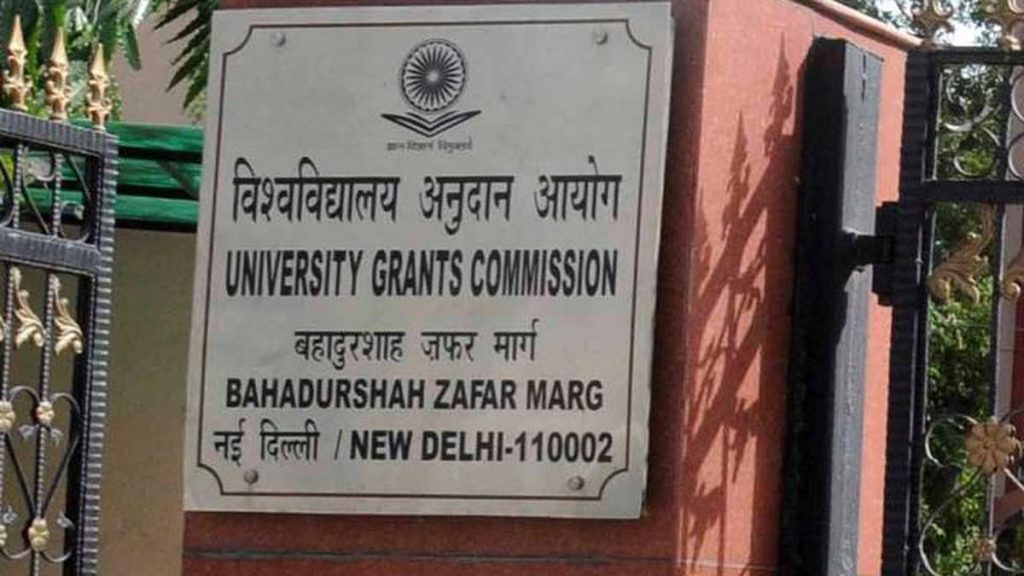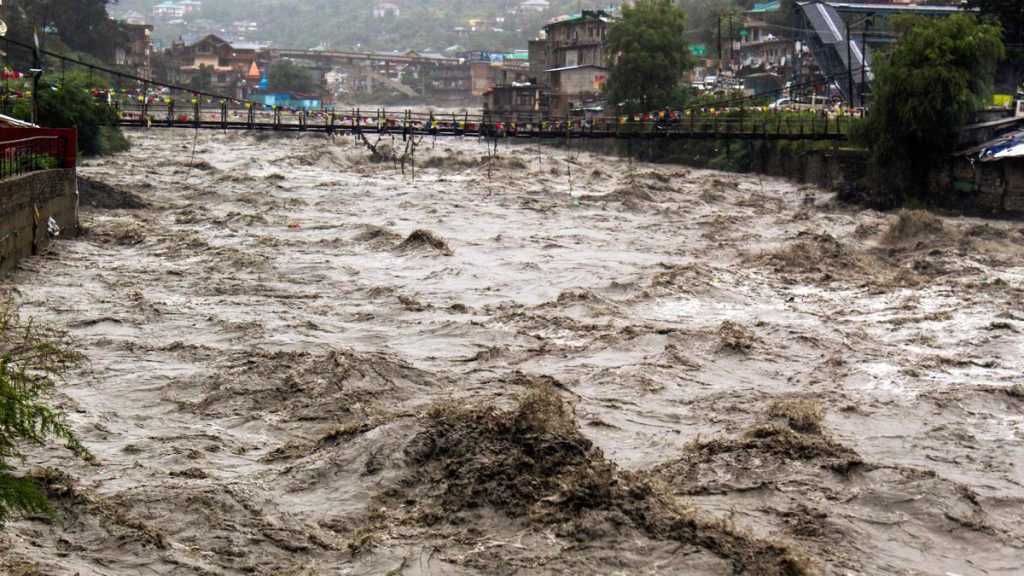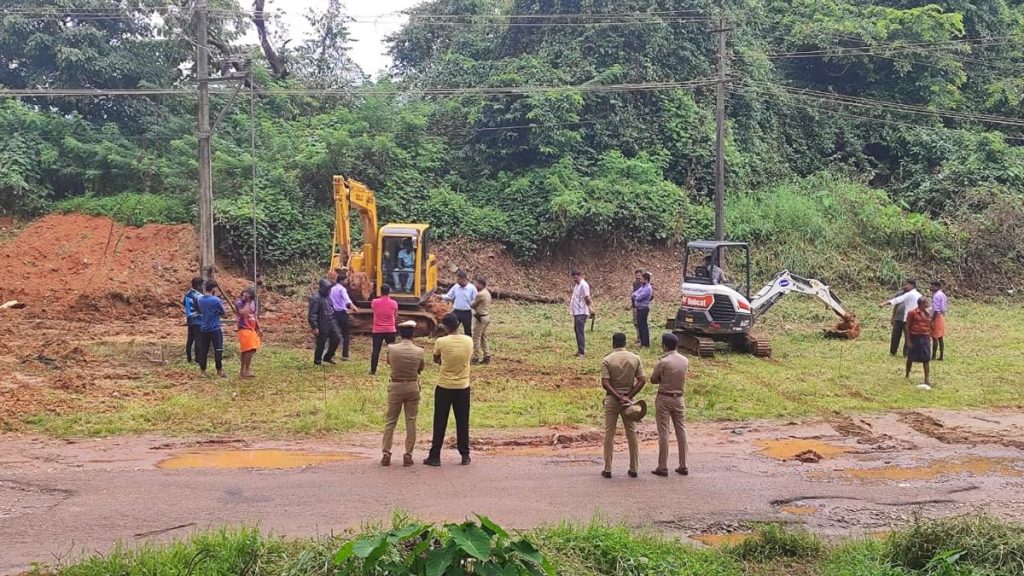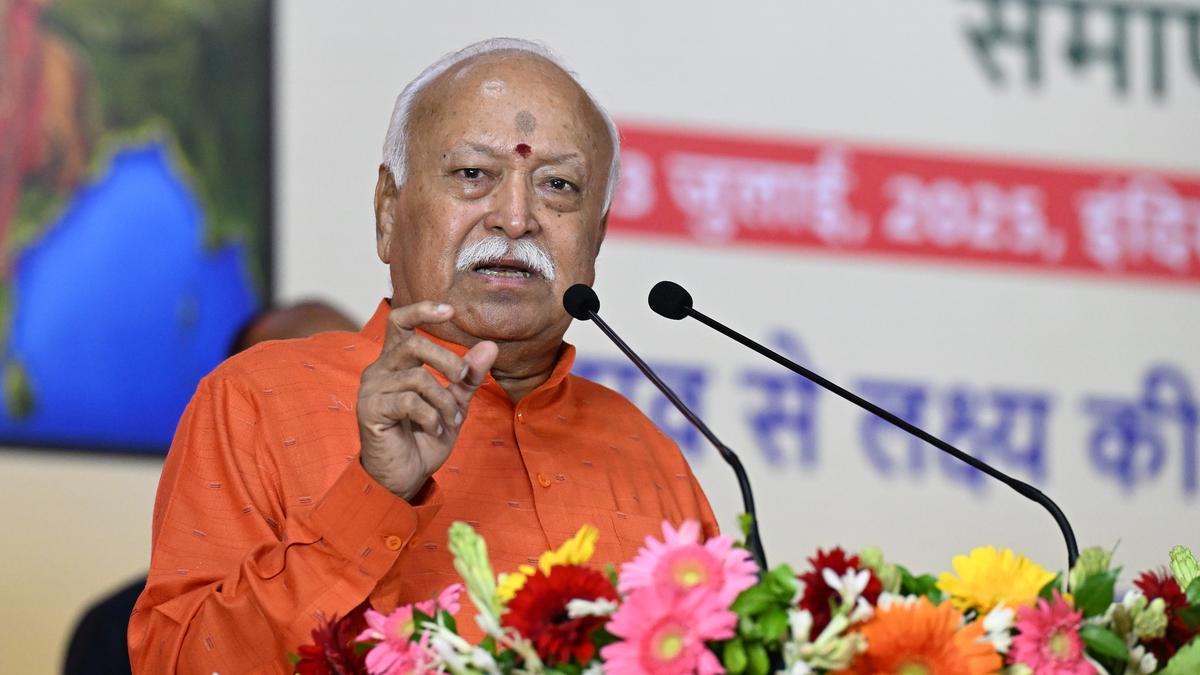Now Reading: Supreme Court Resumes Presidential Reference Hearing Today
-
01
Supreme Court Resumes Presidential Reference Hearing Today
Supreme Court Resumes Presidential Reference Hearing Today
speedy Summary
- A five-judge Constitution Bench of the Supreme Court, led by Chief Justice B.R. Gavai, is hearing a Presidential Reference on imposing fixed timelines for Governors and the President to act on bills passed by State legislatures.
- Solicitor General Tushar Mehta argued against judicially mandated timelines for President and governors, emphasizing that the constitutional silence under Article 200 should be resolved by Parliament rather.
- CJI Gavai questioned whether the Supreme Court should remain powerless if Governors or Presidents delay action on bills for years,impacting democratic processes. Mehta countered that political mechanisms are better suited to address such delays then judicial orders.
- constitutional debates surrounding Article 200 were highlighted during arguments as a basis for discretionary powers at these levels of office.
Indian Opinion Analysis
The ongoing deliberation in the Supreme Court underscores a critical tension within India’s governance framework: the balancing act between constitutional discretion granted to higher offices and their accountability in enabling legislative functionality. Resolving whether fixed timelines contravene or complement this discretionary power has important implications for federal integrity and democratic stability. Judicial intervention may create checks but risks encroaching on political jurisdiction-a balance Parliament must carefully weigh if tasked with clearer formulations.
Governors’ prolonged withholding of assent impacts State governance efficiency while possibly violating democratic mandates delegated thru elected legislatures; hence, systematic solutions are imperative to mitigate such disruptions in future policy-making cycles.Read more: Source Link
























